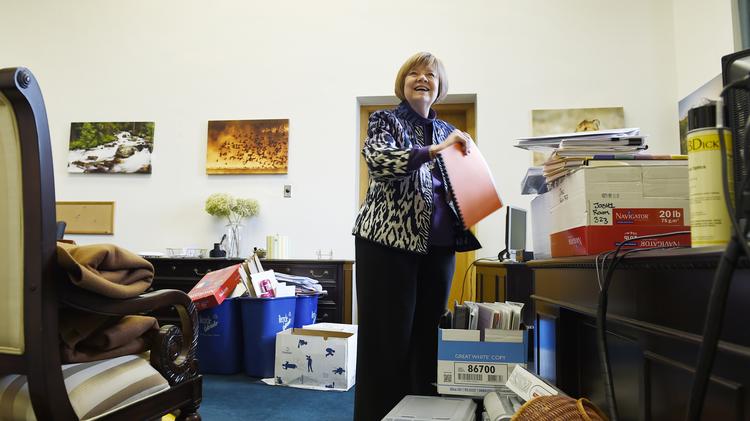(Editor’s note: This synopsis is excerpted from an Independence Institute Issue Paper on the Hospital Provider Fee Cash Fund, which can be found here: http://www.i2i.org/the-hospital-provider-fee-fund/)
What is the Hospital Provider Fee?
In 2009, the Colorado General Assembly passed the Colorado Health Care Affordability Act of 2009, HB 09-1293, which imposed an up to 5.5 percent charge on hospital bills. It created the Hospital Provider Fee Cash Fund and the Hospital Provider Fee Oversight and Advisory Board within the Department of Health Care Policy and Financing (HCPF). Funds raised by the provider charge are deposited in the Cash Fund and do not revert to the General Fund. Payments made to hospitals by the Cash Fund are supplemental payments over and above Medicaid reimbursements made to hospitals for services rendered. The Act stipulates that “a hospital shall not include any amount of the provider fee as a separate line item in its billing statements.”
The provider fee raises revenue for the state
In FY 2014-15 provider charges collected $688 million. The revenue comes from payments of the charge and increases in federal Medicaid matching funds. Suppose a day in the hospital costs $1,000. If the federal match is 50 percent, Colorado Medicaid pays the hospital $1,000 and receives $500 from the federal government. Its net cost is $500. Continue reading






